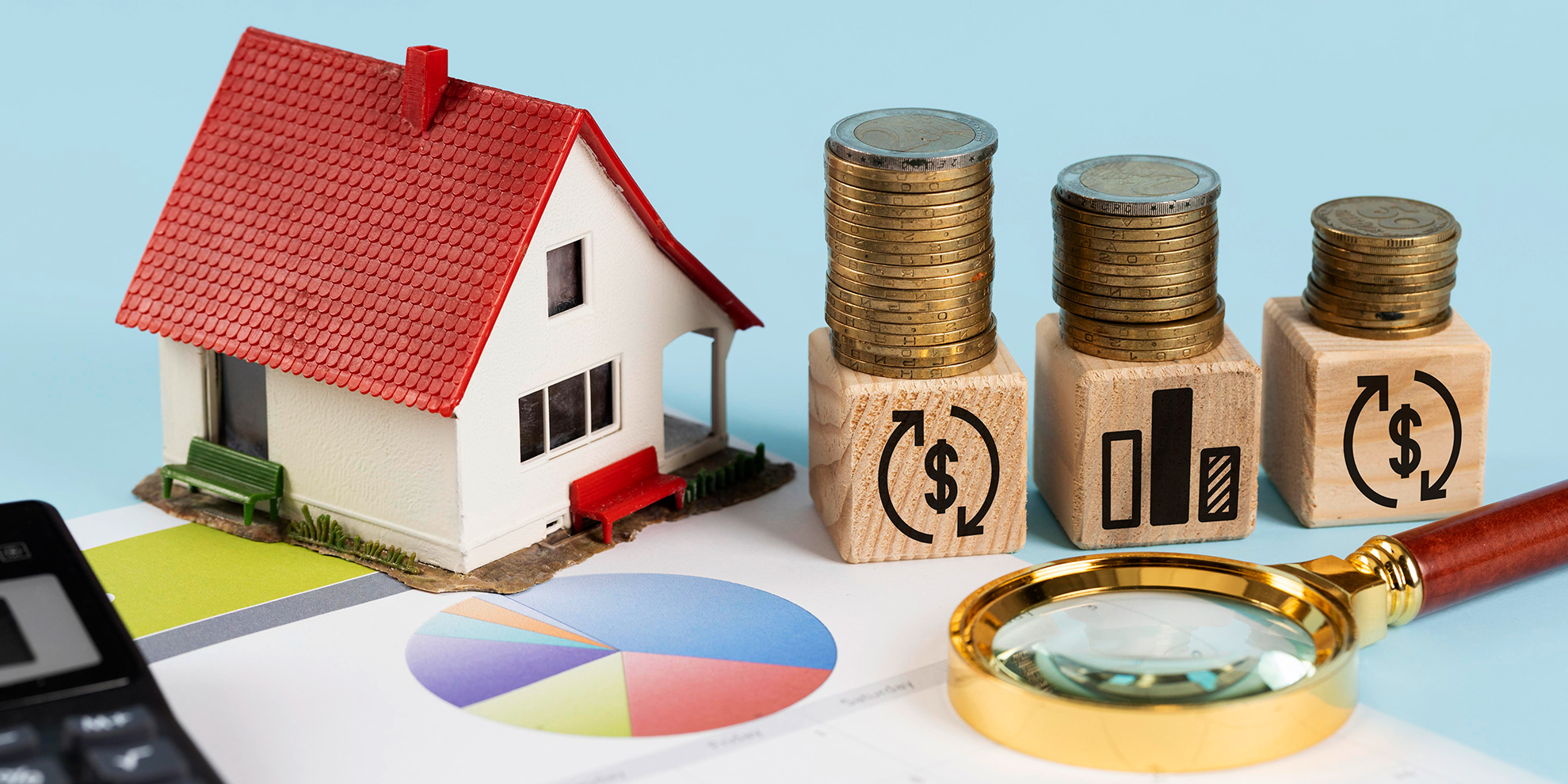Question
We will be retiring at the end of the year and have several investment properties in Cape Town that we rent out. We want to use the income from these properties to supplement our pension.
I recently took a close look at the rental income we are getting, and when I deducted the costs of the levies and insurances, I realised that these properties are only generating an after-cost income of R22,000 a month, which is less than the R30,000 we need. The properties are worth R9-million. What should we do?
Answer
There is a lot of merit in buying property when you start out on your financial journey. The big advantage is the concept of leverage. You pay a deposit on a property and take out a loan for the balance of the purchase price.
Over the years, you get the capital growth on the full value of the property (not just your deposit). If your monthly bond repayments are pretty much the same as the rental you have been paying for a property, then buying property is a great way to build up long-term wealth.
However, when you reach retirement, the financial dynamics of property ownership change. Your bond should have been settled and you now need to make a call on whether the capital growth and rental income on this asset are better than investing in something else like a balanced fund. At this stage of your life, income rather than capital growth is the more important factor.
I will run through some factors you should consider when trying to decide whether to keep or sell your properties.
Income
Rental properties that are not actively managed can underperform. Rent may not reflect market rates, especially if there’s reluctance to increase it for long-standing tenants. It may be worth consulting a rental agent to assess whether your income can be increased.
Tax and costs
Rental properties come with ongoing costs – levies, insurance, rates and management fees. It’s also important to remember that your net income is fully taxable at your marginal income tax rate, which can significantly reduce what you take home each month.
Alternative investment option: a balanced fund
You may want to consider selling and reinvesting the proceeds into a flexible investment such as a balanced fund. This can offer several advantages:
Income: A well-structured balanced fund can support a sustainable withdrawal of about 5% annually. On a R9-million investment, this translates to a monthly pre-tax income of about R37,500 – significantly more than your current rental income.
Tax: Most of the income from a balanced fund is treated as a return of capital or as capital gains, both of which are taxed at lower effective rates than rental income. Only 40% of capital gains are included in your taxable income, making this structure more tax efficient.
Risk: A balanced fund spreads your investment across asset classes – equities, bonds, cash and property – reducing the concentration risk that comes with owning just a few properties in a single location.
Involvement: Properties require constant attention – tenant management, maintenance and the risk of vacancies. A balanced fund is far more hands-off. Once set up with the help of a trusted adviser, it requires minimal involvement.
Liquidity: Accessing capital from property is slow and usually requires either selling or taking out a bond. A balanced fund provides much easier and faster access to capital, offering flexibility if your needs change.
If increasing your rental income is not feasible, it may be worth selling one or more properties and reinvesting in a balanced fund. This could give you higher income, better tax efficiency, less hassle and a more flexible and diversified retirement strategy. DM
Kenny Meiring is an independent financial adviser. Contact him on 082 856 0348 or at financialwellnesscoach.co.za. Send your questions to kenny.meiring@sfpadvice.co.za
This story first appeared in our weekly Daily Maverick 168 newspaper, which is available countrywide for R35.





 Estate planning around foreign property ownership is a lot more intricate than most people anticipate.
(Image: Freepik)
Estate planning around foreign property ownership is a lot more intricate than most people anticipate.
(Image: Freepik)